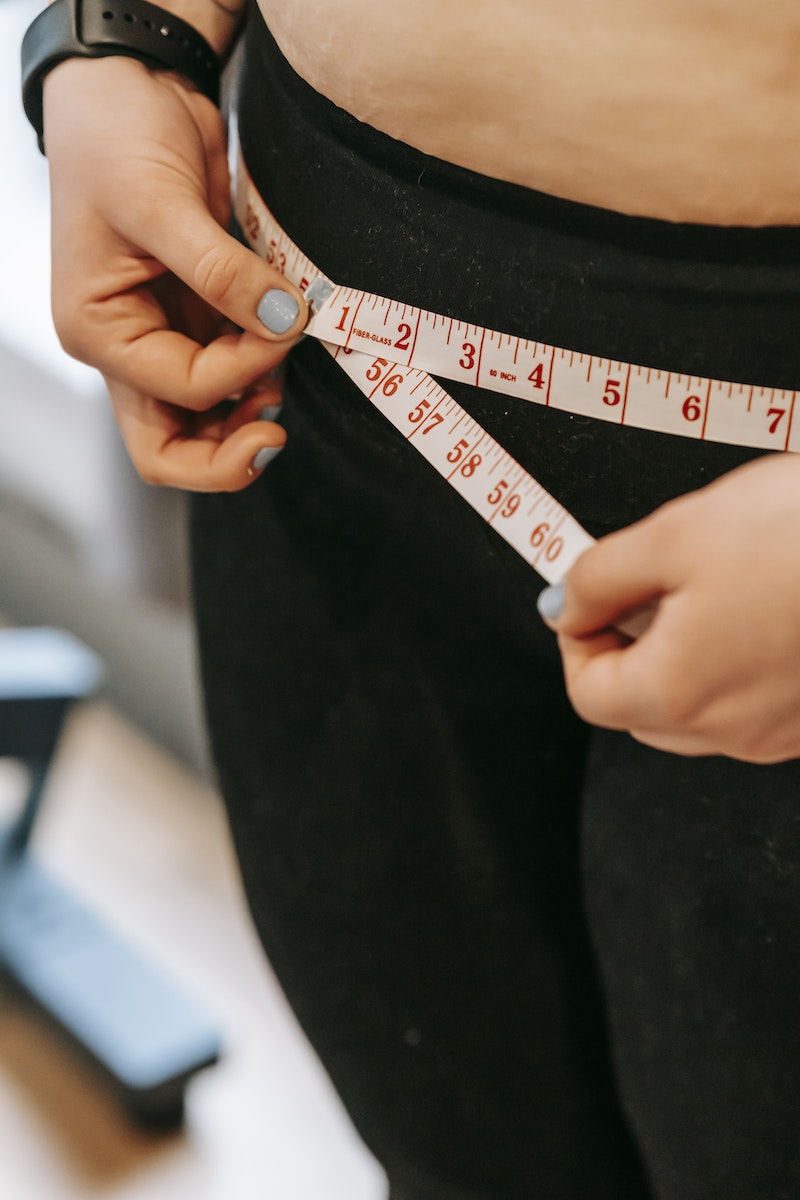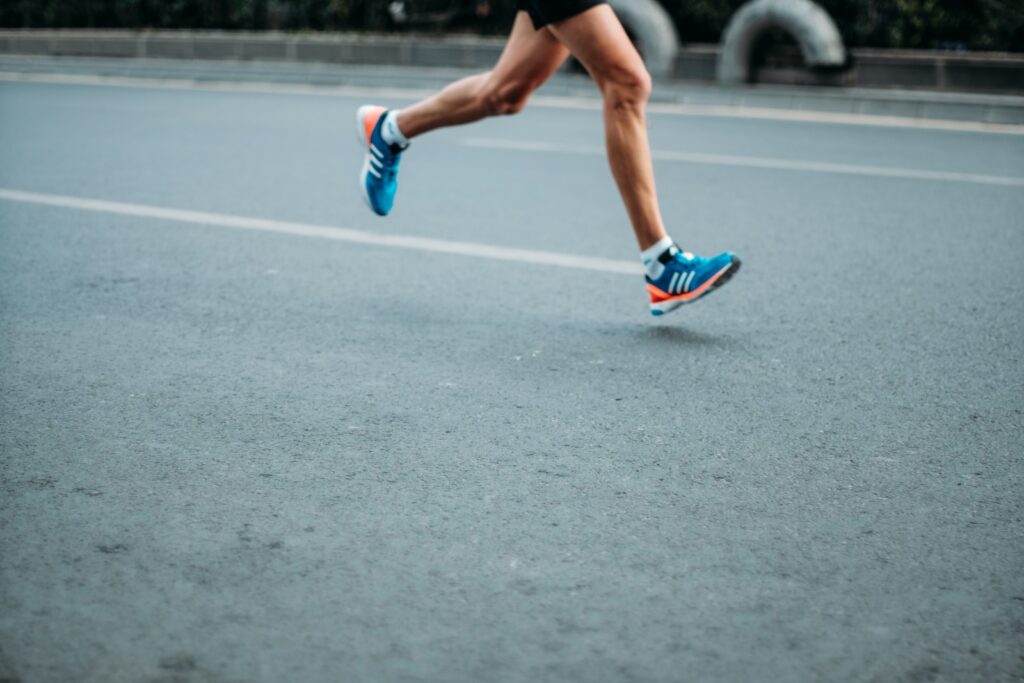
3 Ways to Reduce Bloating and Promote Digestive Comfort
Bloating can be an uncomfortable and bothersome condition that many people experience. The sensation of a distended abdomen, accompanied by gas and discomfort, can significantly impact one’s well-being. Fortunately, there are several proven approaches to reduce bloating and promote a more comfortable digestive system. In this article, we will explore three effective methods to alleviate bloating and enhance overall digestive health.
3 Ways to Reduce Bloating:
- Mindful Eating: One of the fundamental ways to reduce bloating is through mindful eating practices. Mindful eating involves paying attention to your body’s hunger and fullness cues, as well as being aware of the foods you consume. Here are some key tips for incorporating mindful eating into your routine:
a. Eat slowly: Take your time to savor each bite and chew your food thoroughly. Rushing through meals can lead to swallowing air, which contributes to bloating.
b. Avoid overeating: Listen to your body’s signals and stop eating when you feel comfortably satisfied. Overeating can strain your digestive system and lead to bloating. A good rule of thumb is to stop eating when you are 80% full.
c. Be aware of trigger foods: Certain foods, such as beans, lentils, broccoli, cabbage, onions, and carbonated beverages, are known to cause bloating in some individuals. Pay attention to how your body reacts to different foods and consider reducing or eliminating those that consistently trigger bloating.
- Balanced Diet and Hydration: Maintaining a balanced diet and staying properly hydrated are crucial factors in reducing bloating. Here’s how you can optimize your dietary habits:
a. Fiber intake: Include an adequate amount of dietary fiber in your meals, as it promotes regular bowel movements and prevents constipation. However, it’s essential to increase fiber intake gradually to allow your body to adjust, as a sudden increase can cause temporary bloating. Opt for fiber-rich foods like fruits, vegetables, whole grains, and legumes.
b. Hydration: Drink an ample amount of water throughout the day to prevent dehydration and support proper digestion. Adequate hydration helps soften stool and aids in smooth bowel movements, reducing the likelihood of bloating and constipation.
c. Limit salt and processed foods: High sodium intake can contribute to water retention and bloating. Minimize your consumption of processed foods, which often contain excessive amounts of salt. Instead, focus on fresh, whole foods prepared with natural ingredients.
- Regular Physical Activity: Engaging in regular physical activity is not only beneficial for overall health but also aids in reducing bloating. Exercise stimulates digestion and promotes regular bowel movements. Consider incorporating the following activities into your routine:
a. Cardiovascular exercises: Activities like brisk walking, jogging, cycling, or swimming increase heart rate and improve blood flow to the digestive organs. This can help enhance digestion and reduce bloating.

b. Yoga and stretching: Specific yoga poses and gentle stretching exercises can stimulate the digestive system, relieve gas buildup, and alleviate bloating. Incorporate poses like Child’s Pose, Wind-Relieving Pose, and Seated Forward Bend into your routine.
c. Abdominal massages: Massaging your abdomen in a gentle, circular motion can aid in relieving gas and promoting bowel movements. This simple technique can provide immediate relief from bloating discomfort.
Conclusion: Bloating can be effectively managed through mindful eating practices, maintaining a balanced diet, and incorporating regular physical activity into your routine. By adopting these three strategies, you can reduce bloating, promote optimal digestive function, and improve your overall well-being. Remember, it’s essential to consult with a healthcare professional if you experience chronic or severe bloating to rule out any underlying medical conditions.






